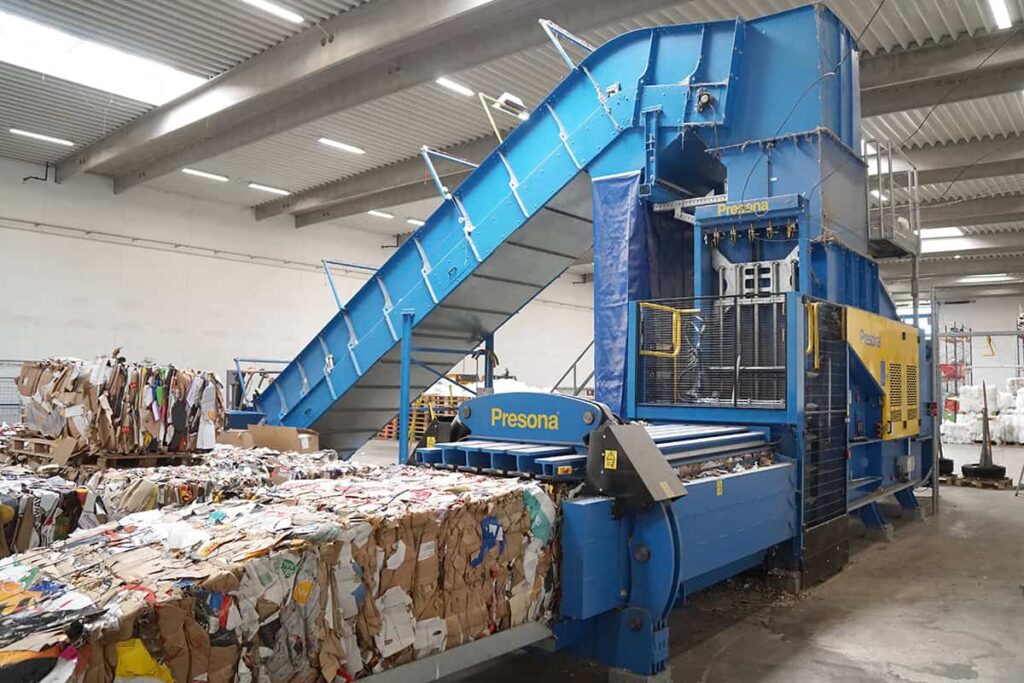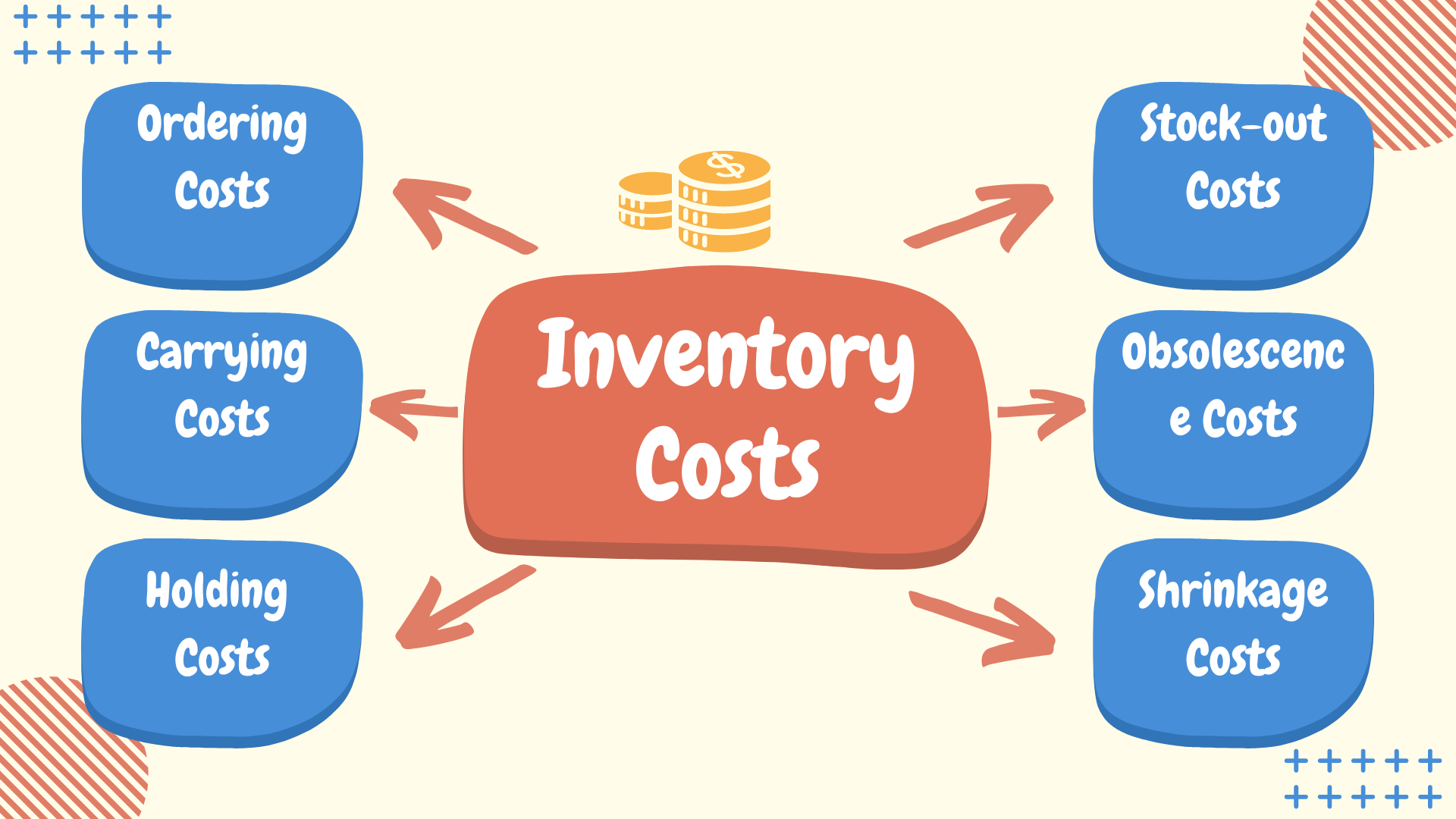Sustainability is no longer a buzzword—it’s becoming the backbone of responsible business practices across industries. In India, two sectors where the impact of sustainable packaging is especially profound are agriculture and FMCG (Fast-Moving Consumer Goods). With growing environmental regulations and conscious consumer demand, the shift toward biodegradable bags and eco-friendly packaging is accelerating.
From the verdant fields of Punjab to bustling urban retail shelves, companies are increasingly adopting biodegradable bags for farming supplies and eco-friendly bags for agricultural products in India. At the same time, major FMCG brands are moving away from traditional plastic packaging in favour of materials that decompose naturally and reduce long-term waste.
Let’s explore how this shift is shaping the future of packaging—and why it’s more important now than ever.
Why Packaging Matters More Than You Think
Packaging does more than just wrap products—it protects, preserves, and communicates value. In agriculture, packaging ensures that seeds, fertilizers, and produce reach consumers without contamination or spoilage. In the FMCG sector, packaging influences purchase decisions, maintains product integrity, and builds brand perception.
However, traditional plastic packaging, often used for these purposes, contributes heavily to India’s plastic waste crisis. Decomposing can take hundreds of years and usually leaches toxins into the environment.
That’s where biodegradable and eco-friendly bags offer a better alternative—performing essential functions while minimizing ecological damage.
Biodegradable Bags in Agriculture: A Natural Fit
Farming and eco-consciousness go hand in hand. Farmers depend on nature, and increasingly, they’re choosing to give back to it by using biodegradable bags for farming supplies in India.
Here’s how these bags are making a difference on the ground:
- Seed and Sapling Packaging: Biodegradable pouches or sacks for seeds and saplings reduce microplastic pollution in fields while allowing for direct soil planting in some cases.
- Fertilizer and Soil Additive Bags: These are often high-volume items. When packaged in biodegradable materials, they leave no residue behind after use, even when disposed of in open fields.
- Compost and Organic Input Bags: What better way to package compost than in a bag that also composts itself? This ensures the supply chain remains waste-free from source to soil.
- Produce Transport Bags: Breathable, biodegradable produce bags help prevent moisture build-up and preserve freshness during transport to mandis or supermarkets.
The growing availability of eco-friendly bags for agriculture products in India ensures that even small-scale farmers can access sustainable alternatives without compromising functionality.
The FMCG Industry’s Push for Green Packaging
India’s FMCG market is vast and fast-moving—literally. Millions of packets of food, beverages, personal care products, and household goods move across cities and villages daily. This makes the FMCG sector one of the biggest contributors to single-use plastic consumption.
With increased pressure from regulators and consumers alike, brands are embracing biodegradable bags for FMCG companies in India to align with policy and public sentiment.
Here’s how biodegradable packaging is redefining FMCG operations:
- Flexible Film Replacements: Compostable films are now being used for items like biscuits, dry fruits, and hygiene products.
- Secondary Packaging: Outer layers that hold bundles of smaller units (like soap bars or snack packets) are shifting toward recyclable or biodegradable wraps.
- Eco-conscious Brand Positioning: Millennials and Gen Z buyers are more likely to support brands with sustainable packaging, making it a competitive advantage.
Brands that lead this shift not only future proof their operations but also strengthen consumer loyalty and regulatory compliance.
Choosing the Right Type of Sustainable Bag
With several green packaging options available, decision-makers must evaluate bags based on their use case, shelf life requirements, and environmental goals.
| Feature | Biodegradable Bags | Compostable Bags | Recyclable Plastic Bags |
| Breakdown Time | Few months to a year | Fast, under specific conditions | Doesn’t break down, but reprocessable |
| Suitable For | Agri supplies, dry goods, outer packaging | Fresh produce, organic items | Long shelf-life products |
| Disposal Route | Natural degradation | Composting facilities | Recycling centers |
| Environmental Impact | Moderate to low | Very low | Depends on recycling system efficiency |
The right packaging isn’t just about function—it’s about the message your brand sends to the world.
Why Manufacturers Matter in the Green Shift
Finding the proper biodegradable bag manufacturer is critical for any agri-business or FMCG brand aiming to go green.
Here’s what to look for:
- Material Transparency: Know whether they use PLA, starch blends, PBAT, or other eco-safe ingredients.
- Certifications: Check for CPCB compliance in India or international certifications like EN13432.
- Custom Solutions: Agricultural and FMCG packaging needs vary greatly—choose a manufacturer offering tailored solutions by industry.
- Scalability and Timelines: Can they handle high-volume orders without compromising on delivery or quality?
- Decomposition Details: Reliable manufacturers will clearly explain how and where their products break down.
A strong supplier relationship can accelerate your sustainability journey and ensure you meet your environmental, social, and governance (ESG) goals.
India is at a turning point. The future of packaging must be both practical and planet-positive. Biodegradable and eco-friendly bags are becoming the new standard from the farm to the supermarket shelf. Businesses are increasingly turning to biodegradable bags for FMCG companies India to align with global sustainability benchmarks.
If you’re seeking dependable, industry-specific solutions in sustainable packaging, Envirobag offers a wide range of biodegradable bags tailored for both agriculture and FMCG businesses. Explore their offerings and take the next step toward responsible, future-ready packaging with Envirobag.











